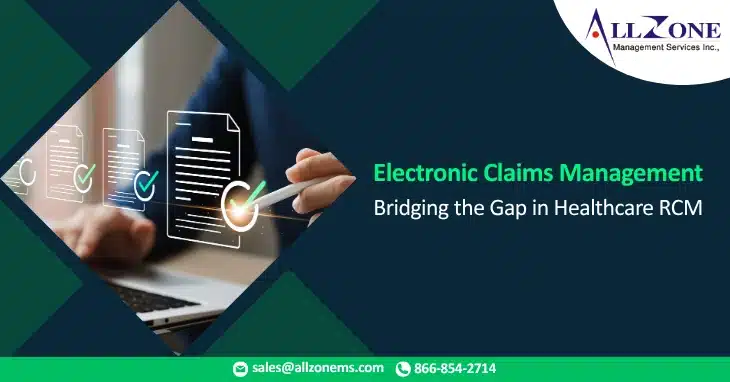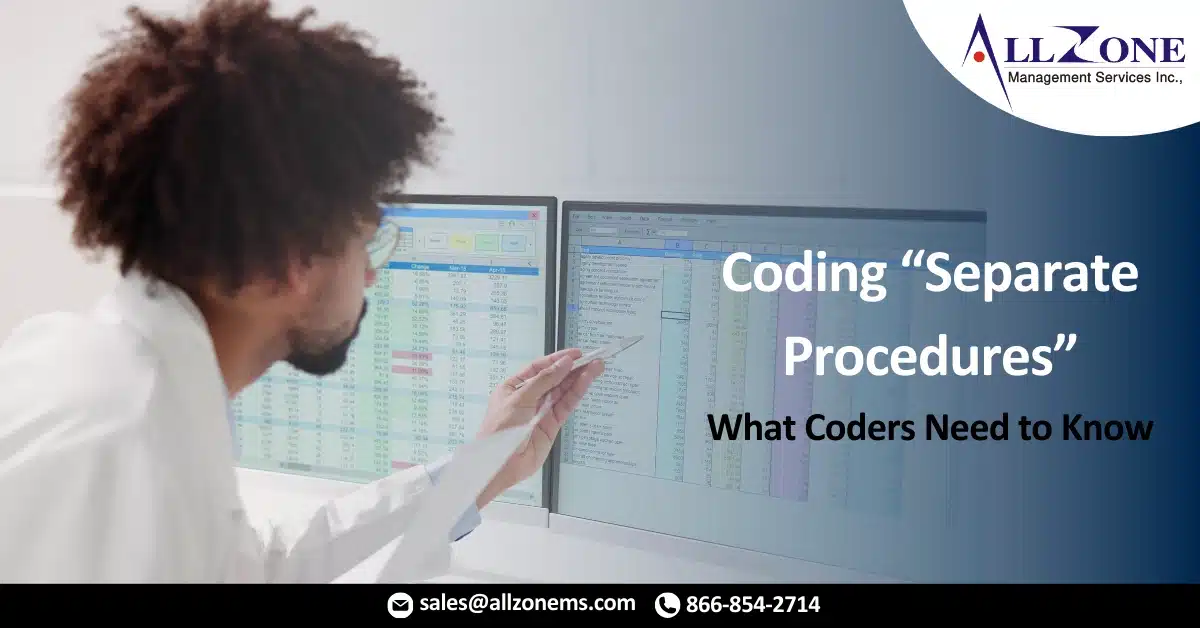The U.S. healthcare industry continues its digital transformation, with providers and payers embracing electronic transactions to streamline revenue cycle management (RCM) processes. According to the CAQH Index, adoption of electronic claims management transactions—such as eligibility verification, claim submissions, and claim status inquiries—has reached or surpassed 80% for many transaction types. However, significant gaps remain in […]
The healthcare industry is in a perpetual state of change. A significant milestone occurred when the United States mandated the use of ICD-10 billing codes. This shift transformed billing procedures for medical providers, from solo physician practices to large hospitals. As a result, ICD10 medical billing outsourcing has become a critical solution for managing the […]
Getting bogged down by authorization denials? You’re not alone. Here, we explore common roadblocks and effective strategies to keep your revenue flowing smoothly. Challenge: Drowning in Last-Minute Authorizations Solution: Divide and Conquer with a Multi-Team Approach Separate teams can tackle present and future authorizations. The “Today” team verifies benefits and identifies authorization needs for upcoming […]
Diverse medical software — EHRs, billing software, patient relations tools — has already become essential for the efficient operation of any healthcare provider, be it a cross-state healthcare network or a small private practice. Though providers can probably make use of any type of medical software, the financial resources they can invest in medical solutions […]
The Centers for Medicare & Medicaid Services (CMS) issued a policy change modification to the claims processing logic for Modifier 59 Distinct procedural service (and the optional patient-relationship modifiers XE, XS, XP, and XU) on February 15, 2019. These modifiers are only processed when applied to the Column 2 code in a bundled pair, per Correct Coding Initiative […]
Undercoding, or reporting a lesser service than was performed and documented, is sometimes employed as a defensive strategy to stave off claims denials or audits. But, undercoding can make a provider an outlier, and may create consequential patient care, compliance, and financial liabilities. For example: Undercoding Leaves Money On The Table, Driving Down Provider Reimbursement […]
Technology can transform data into actionable insights for providers needing to meet the demands of value-based care and consumerism in healthcare. Transforming raw data into actionable information is crucial to the financial future of provider organizations, especially as pressure builds on providers to align their care delivery approach with value-based care and consumerism in healthcare. […]
Ending surprise medical bills has risen to a national priority with bipartisan political interest. In January, President Donald Trump directed Cabinet officials to find a solution, and multiple congressional bills were proposed in the last Congress with the same goal. Surprise medical bills consist of unanticipated charges from out-of-network clinicians—often when the facility or primary physician is […]
“Separate procedure” may not mean what you think. Many procedural codes in the CPT® Book are designated as “separate procedures.” However, the common misinterpretation of this is that coders can report such codes as such in every case. Not true. First, you must consider: Were there other procedures performed during the same encounter? Did you consult […]
Even as health systems confront rising healthcare costs and declining margins, they are under pressure to improve the patient experience, retain customer loyalty and collect patient payments. But while two-thirds of patients said cost strongly influences their overall satisfaction with their hospital or physician, nearly 60% of health systems do not discuss costs with patients, […]










